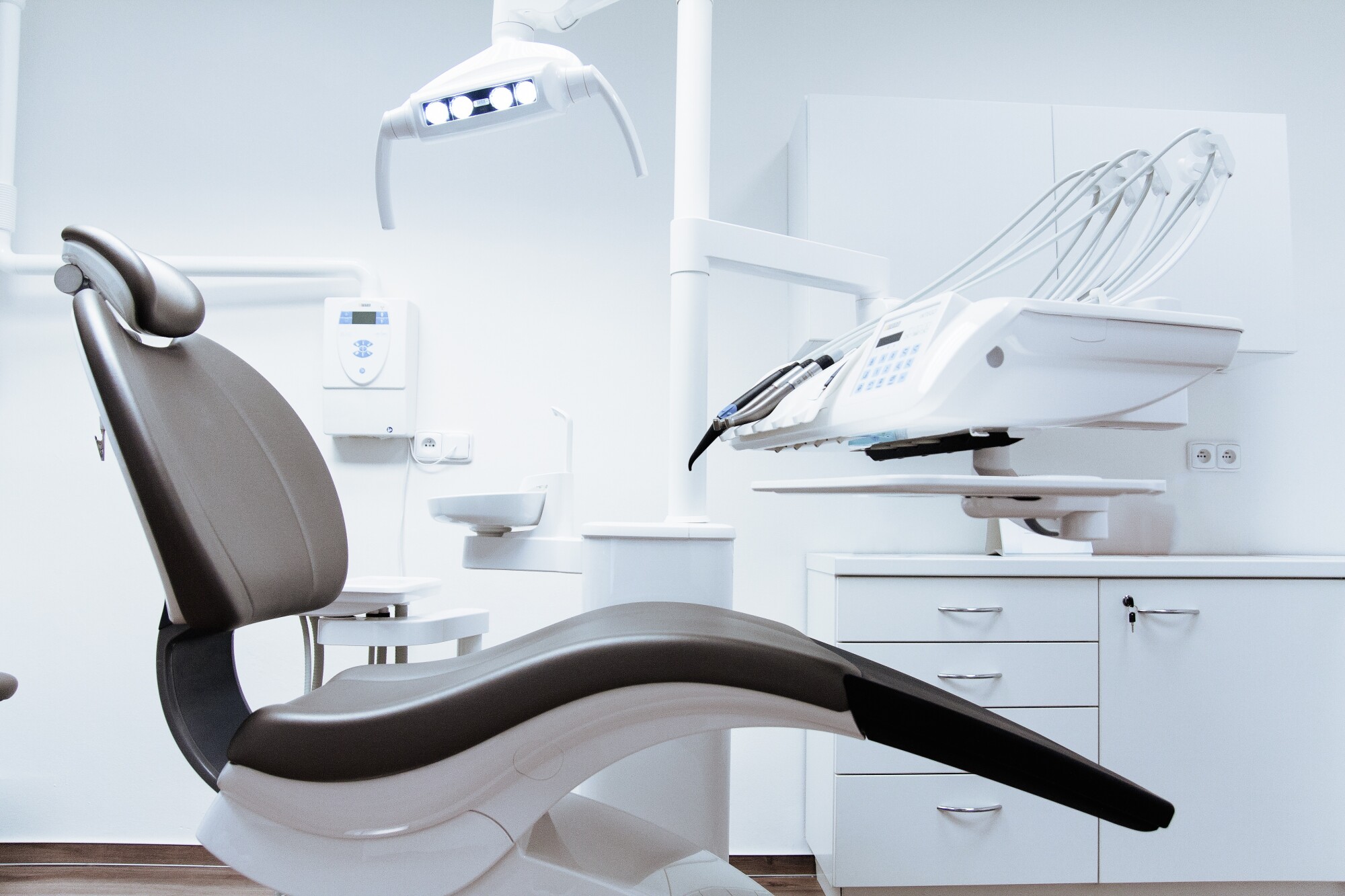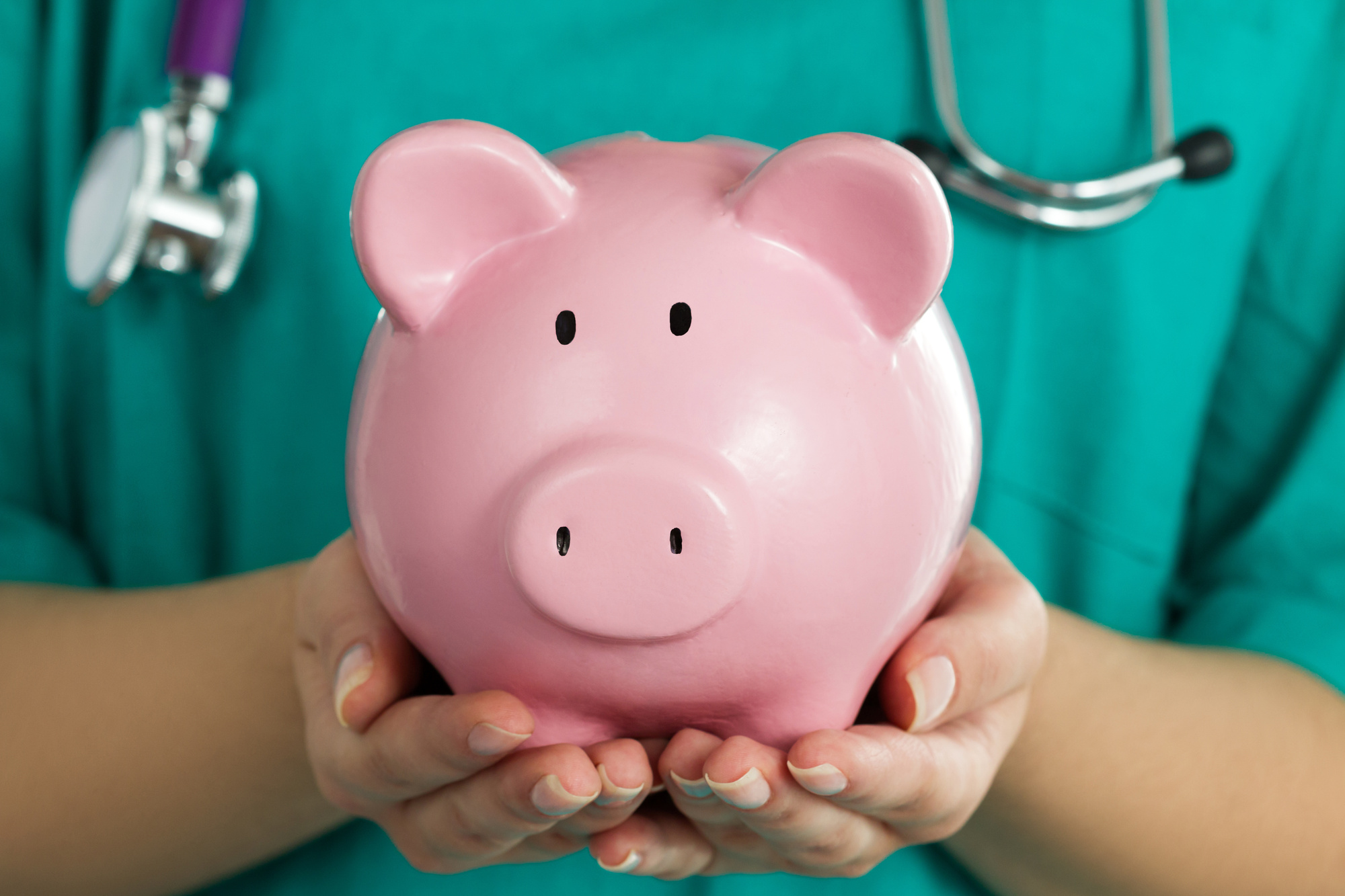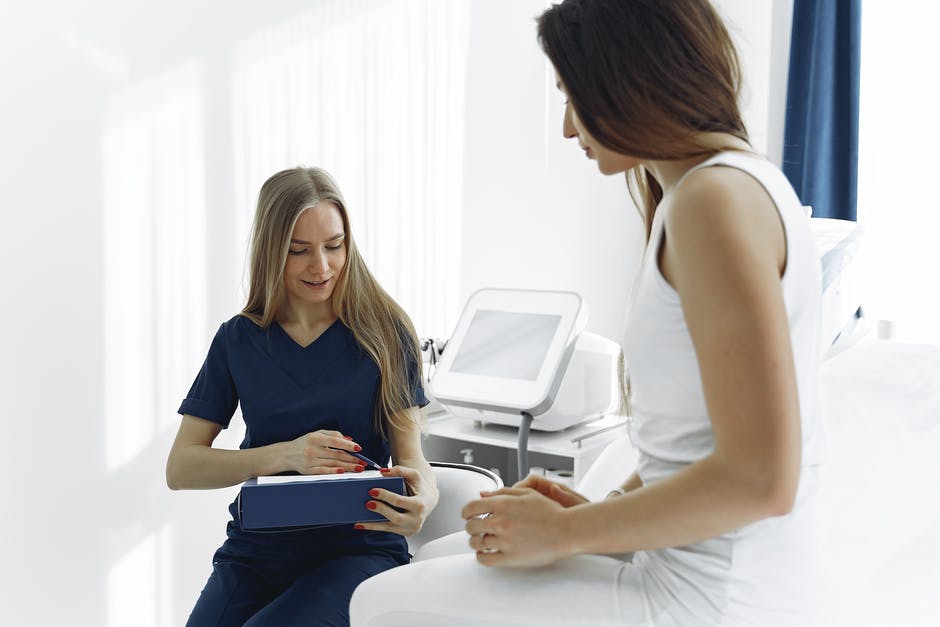Casual Drinking vs. Alcoholism: Are You Drinking Responsibly?

Recent studies show that a shocking one out of every eight Americans is an alcoholic.
This means that, although you may think of yourself as a casual drinker and someone who doesn’t let alcohol control your life, in reality, you may actually be living the same lifestyle as a more obvious alcoholic.
And you’re not alone.
In fact, one in six Americans binge drinks a minimum of 4 times per month. While they may define this as just social drinking, they often become dependant on alcohol without even realizing it.
How can you tell if your casual drinking has turned into something much more sinister — and dangerous? And if you need help, where can you go to find it?
Read on to find out.
Casual Drinking vs. Drinking Problems
First of all, let’s define the different levels of people who drink.
Casual drinkers enjoy cocktails and wine at a party, with a nice dinner, or at another social event. They enjoy alcohol, but they don’t usually drink without a specific occasion.
They also know their limits, understand when they shouldn’t get behind the wheel, and want to avoid being drunk. They may drink about once or twice per week, or even only a few times a month.
A problem drinker, on the other hand, is someone who is not yet a complete alcoholic but is well on their way towards becoming one. They drink several times a week, sometimes to excess. They drink because they’re bored, and they know their limits, but ignore them.
They often frequently indulge in binge drinking — though they certainly never think of it that way. Binge drinking usually means drinking four or more drinks within two hours. It’s more common among men than women and happens mainly in the 18-34-year-old age range.
It’s important to note here that binge/problem drinkers are not yet physically or mentally dependant on alcohol.
In most cases, problem drinkers are still able to stop on their own — but many of them need help to make it happen.
Others may not be interested in stopping drinking, which makes them much more likely to become alcoholics.
How to Tell If You’re an Alcoholic
If you’re reading this article, then chances are good you’re already well aware that your casual drinking has gotten out of your control in some way.
But are you completely addicted to alcohol? Let’s go over a few of the most common signs that you’re a borderline alcoholic — or a high-functioning one.
If you find yourself drinking alone and trying to hide evidence of your drinking from other people, this isn’t good. It indicates shame about your drinking, and a desire to conceal the truth from people who may point out that you have a problem.
The same goes if you consistently feel too hungover to enjoy the activities you once did, or if they just don’t seem like as much fun as drinking to you now. You may also experience mood swings and unchecked aggression, especially when someone makes a comment about your drinking.
You may even experience frequent alcohol withdrawal symptoms, like sweating, shaking, redness, and vomiting. You’re never able to stop after “just one drink,” and you’re starting to feel depressed and exhausted all the time.
Above all, although you’ve tried to go dry for a few days, you always seem to give in and turn to drinking eventually. You’re now concerned that you actually can’t safely stop drinking, or commit to stopping without help.
Finding Support for Drinking Problems
So, you’ve realized that what you thought was just casual drinking is actually seriously out of control.
However, you’re unsure as to whether or not entering into a full-blown inpatient treatment plan is right for you — or even financially viable.
While we strongly urge those who need rehab to call the SAMHSA hotline to learn more about their options for treatment, there are other options that you can use before, in lieu of, and after more traditional rehab.
First of all, check out “sober-curious” events in your city. These can range from evenings out to weekend-long retreats. The goal is to reset your mind and body, and to remind yourself how to have fun and be in social situations without the crutch of alcohol.
You can also look for local Alcoholics Anonymous group meetings in your area. These groups can provide you with community support and make finding a sponsor that will encourage you to stay sober much easier.
You should also take a hard look at the people who you spend time with.
Are they truly your friends, or are they more like your drinking buddies? Even if you say you want to stop drinking, do they encourage or even pressure you to keep going? Is drinking something that always happens when you’re together?
You may want to step back from these people for a while so that you can get your priorities straight.
Do You Need Help to Stop Drinking?
Perhaps this post has made you realize that your current alcohol consumption is way above the level of casual drinking.
You’re ready to accept that you either have a problem or are well on your way towards developing one. No matter what, now is absolutely the time to make the brave decision to seek help.
Want to learn more about what to look for in a treatment center? Nervous about what you can expect at your first AA meeting? Want to understand how you can stage an intervention for a friend or family member with a problem?
Our blog is here to help teach you more about how to live a happier, healthier life in every way. Bookmark us and check out our recommendations to make sure you stay on the right path.



